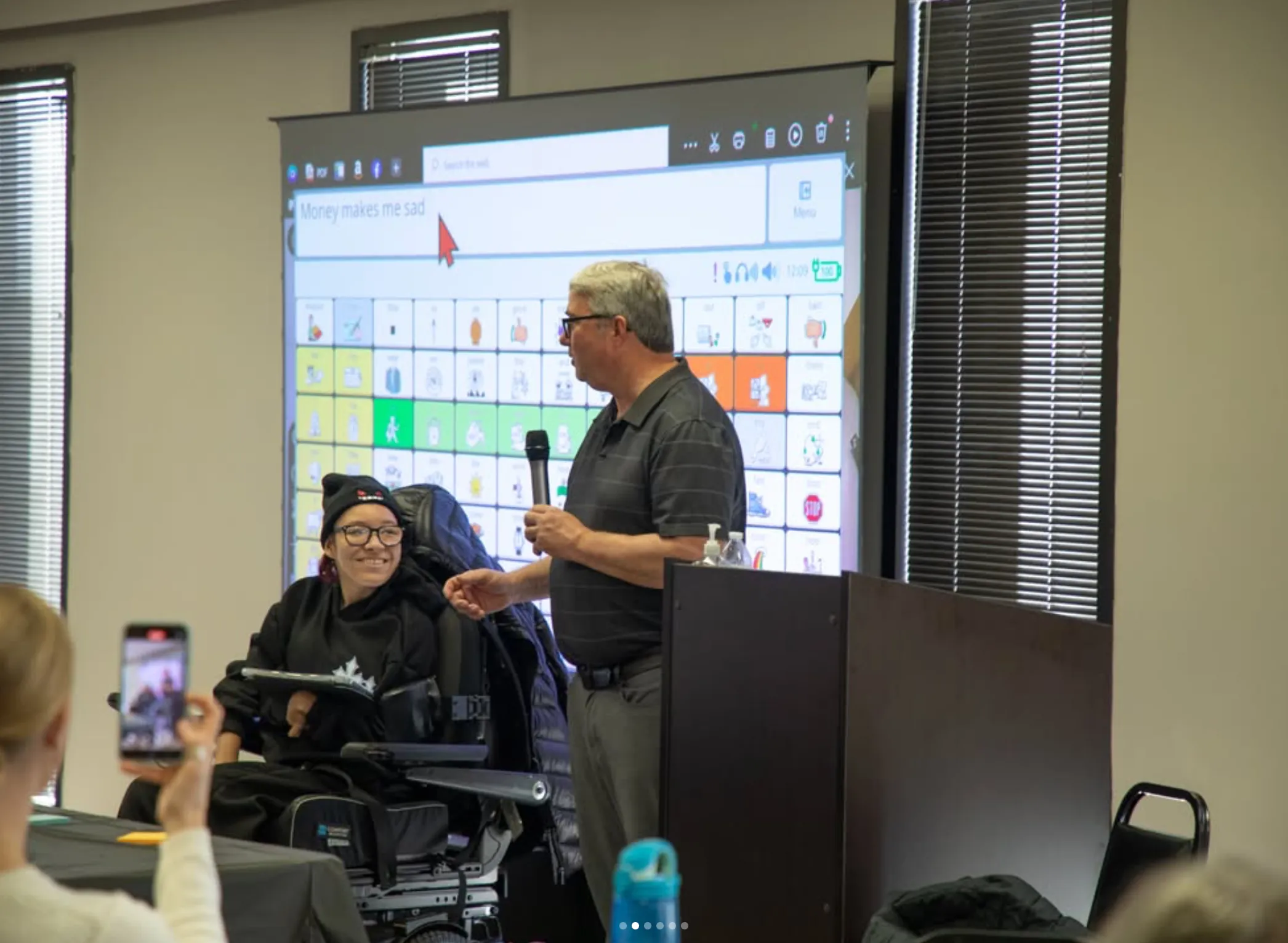Details coming soon
Sign up for updatesPromoting self-sufficiency through technology


Results at a glance
Need
Use enabling technologies to help individuals live as independently as possible
Response
100%
Of device users reported improved functional access to community because of their device (Fiscal Year 2023)
Need
Provide low-cost tech solutions to individuals with disabilities
Response
186
Reutilized devices, with a market value of $47,622, loaned to individuals with disabilities
Need
Educate the community on accessibility and enabling devices
Response
18
Community projects completed in partnership with University of Tennessee at Chattanooga engineering students
Assistive Technology Services
Program Information
Documents and Forms
Frequently asked questions
Assistive technology is any tool used to increase independence or improve quality of life for people who have a disability.
The first step is to fill out our Referral Form. Our staff will then schedule a free consultation so we can assess your needs and refer you to services. You can also contact us via email or phone to schedule your consultation:
- ATinfo@signalcenters.org
- (423) 362-4960
This is actually more common than you might think. Let’s set up a personalized consultation to discuss your goals. We’ll demonstrate tools we recommend and may loan you something from our library to try at home.
Because of our gracious donors and funders, many of the services we provide are free. Those services that do have a cost are based on a sliding scale. We encourage all prospective clients to come in for a free in-person consultation so we can assess your needs and map out a plan for you.
Hear from our community
Assistive Technology Services
Meet our team
Assistive Technology Services is funded, in part, by:



Stay connected
Stay up to date on what is happening with your favorite Signal Centers programs, agency events, volunteer opportunities, and much more.























